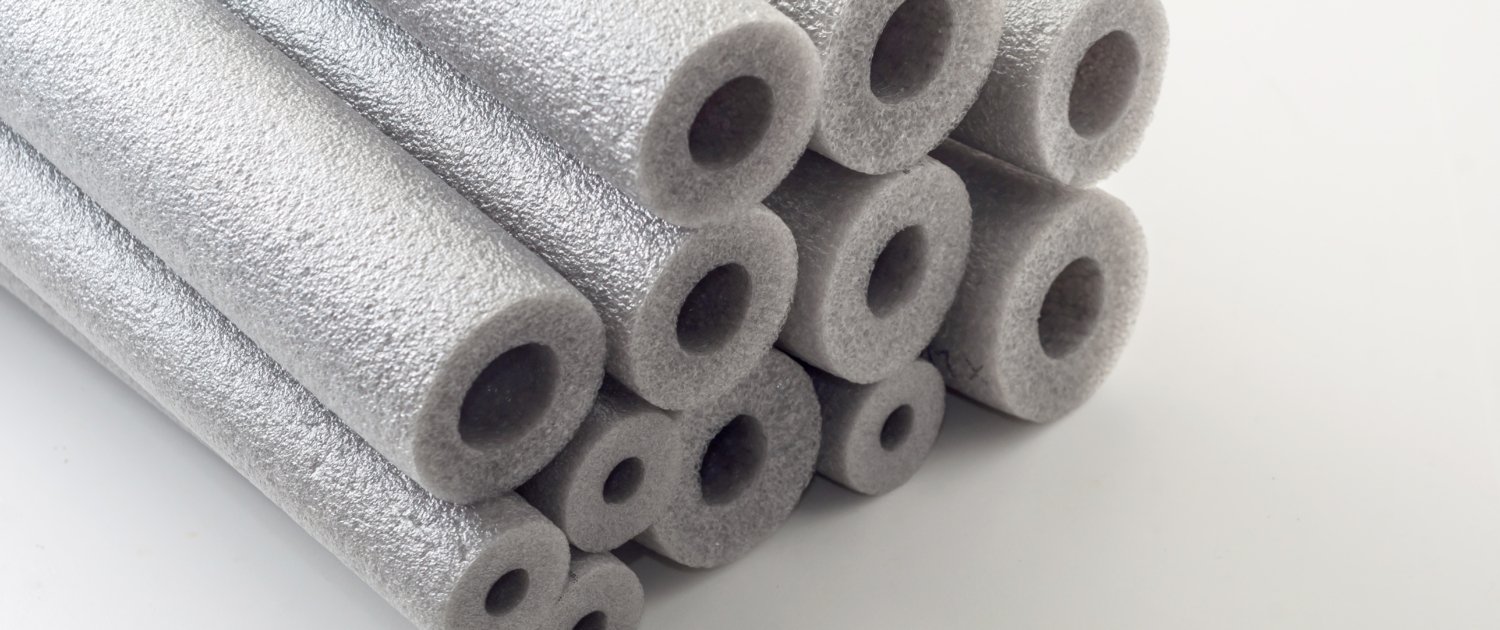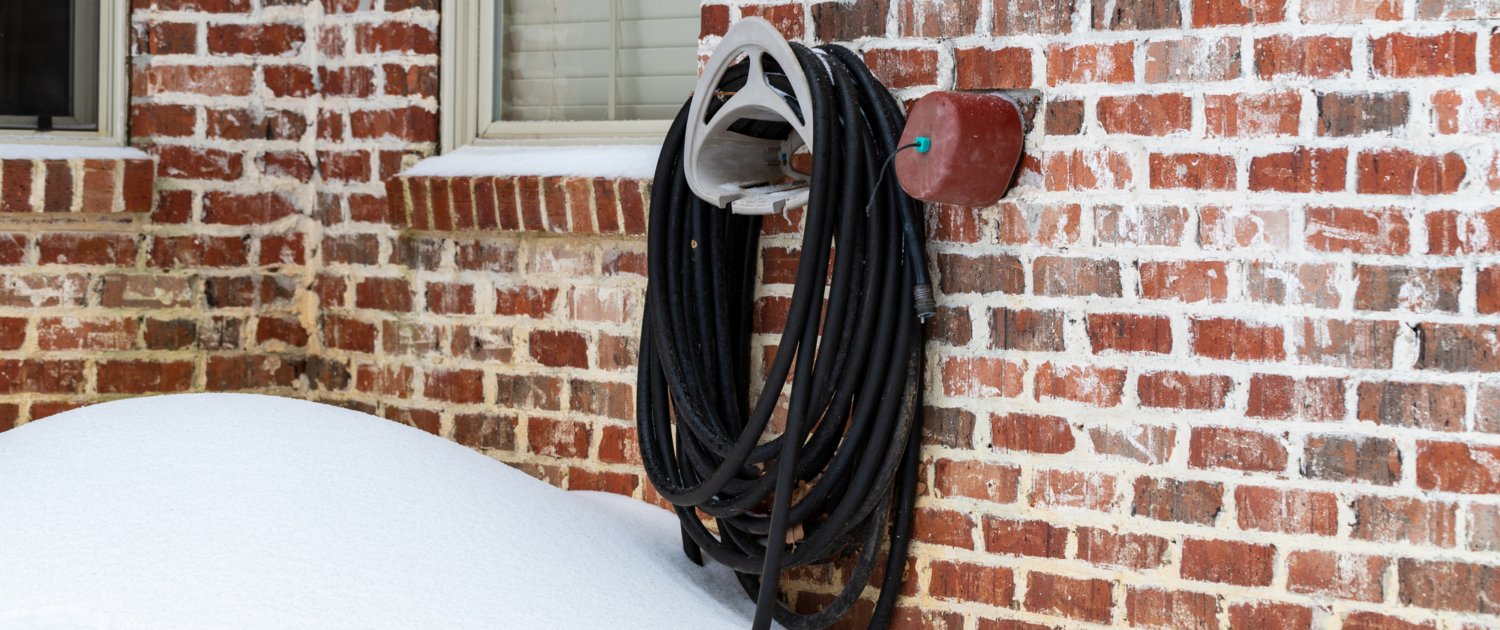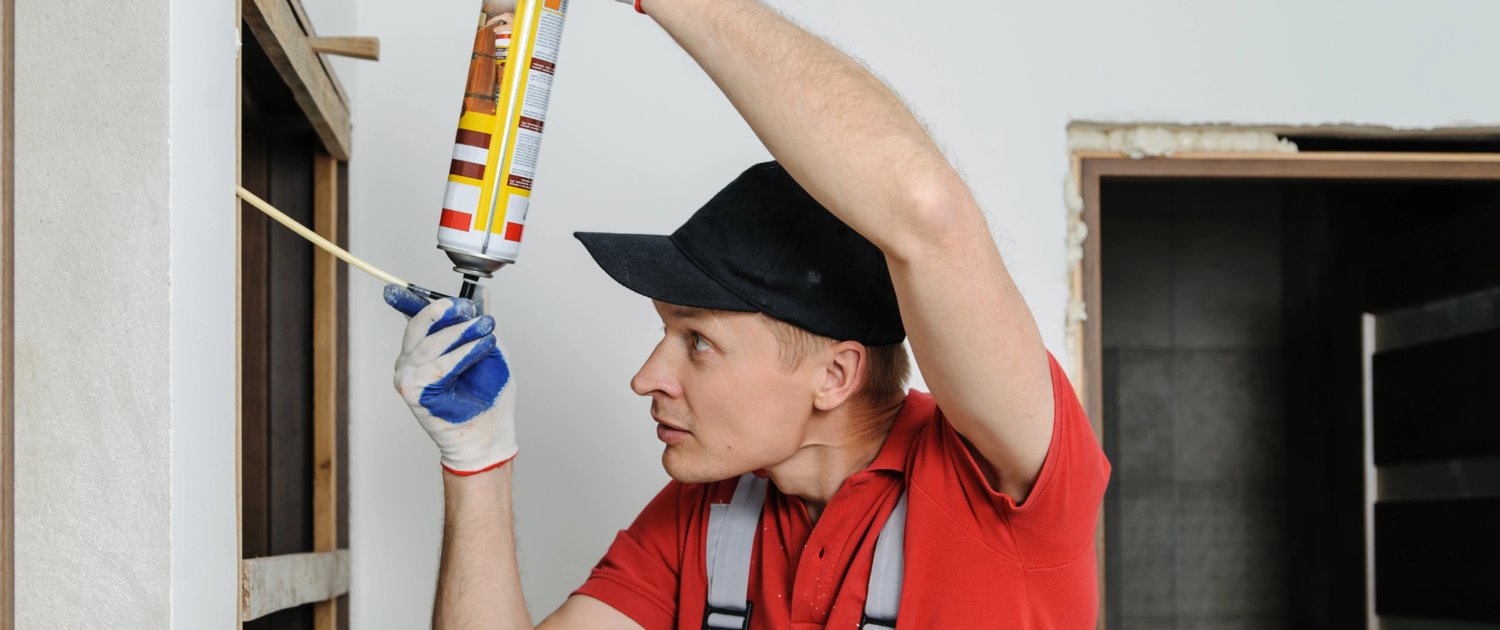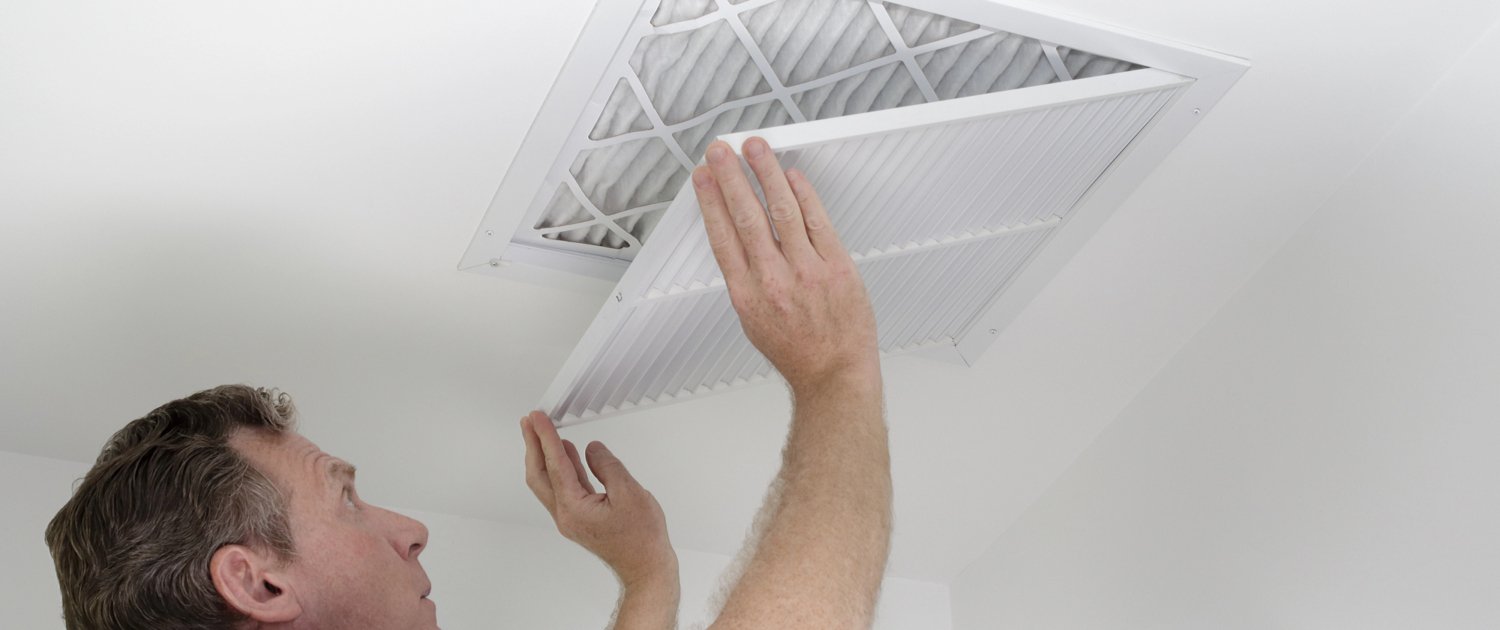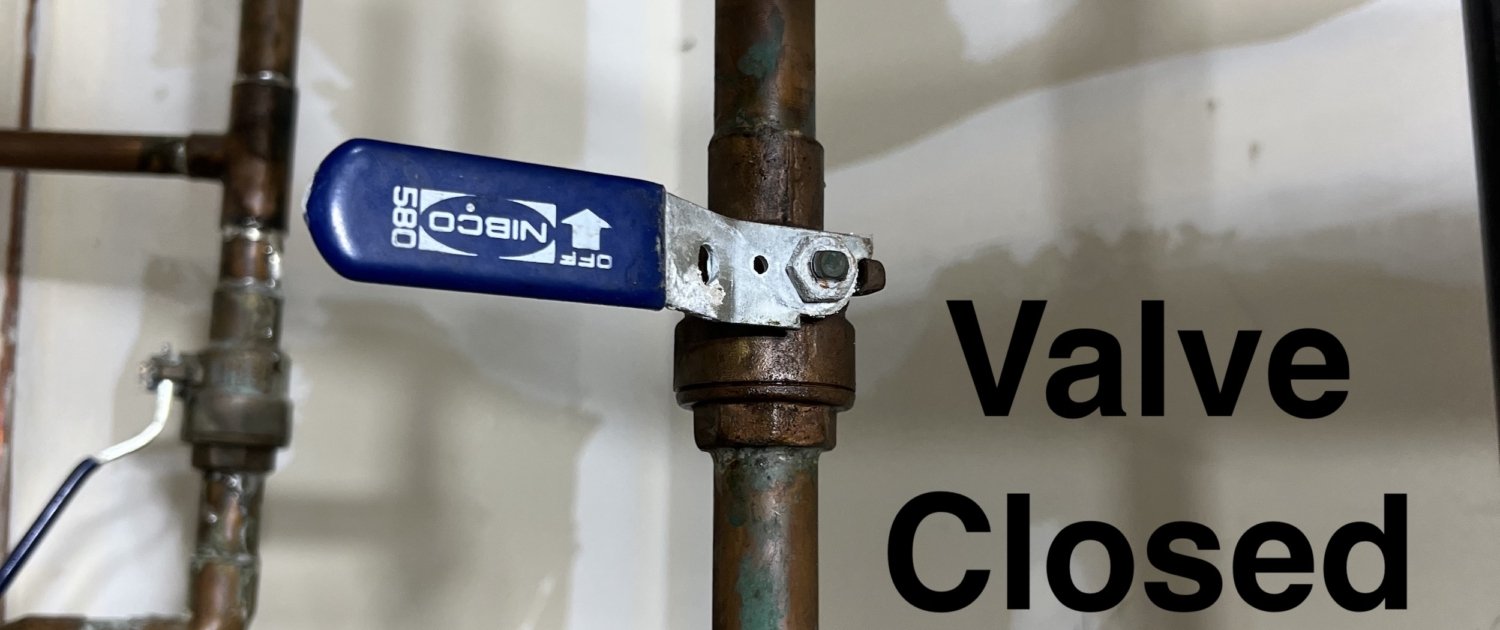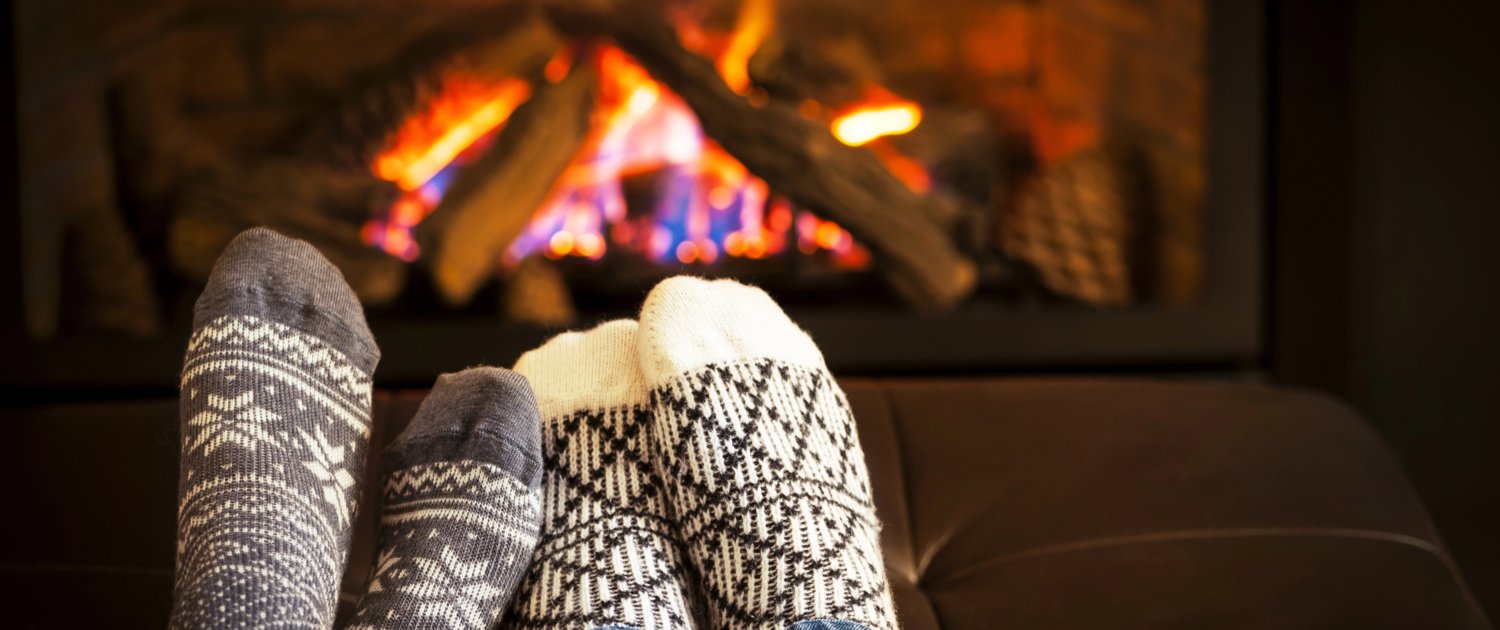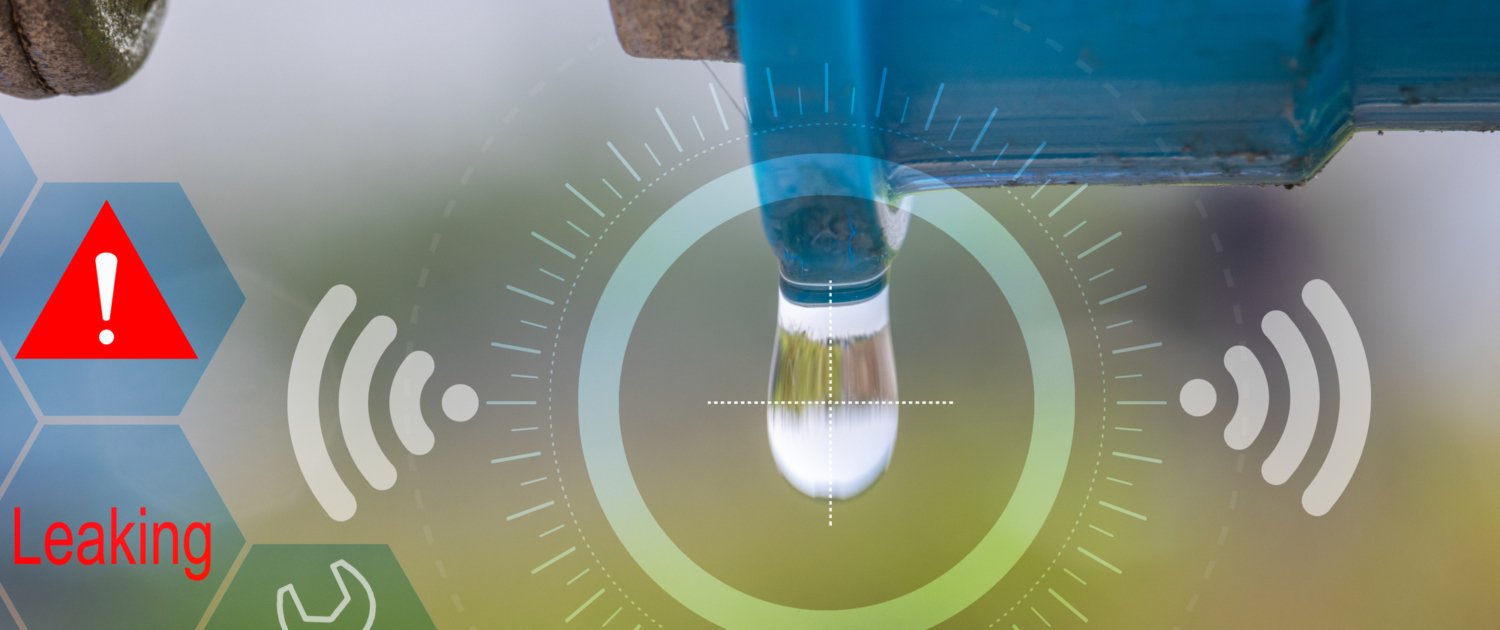Preparing Your Home for Freezing Weather: Essential Tips to Avoid Water Damage. As winter approaches, it’s crucial to prepare your home for freezing temperatures. Failing to winterize your property can lead to significant water damage, costly repairs, and plenty of headaches. Here’s how you can get your home ready for the cold and prevent potential water damage this winter.
1. Insulate Pipes
One of the most important steps in preparing your home for winter is insulating your pipes. Exposed pipes in unheated areas like basements, attics, garages, and crawl spaces are particularly vulnerable to freezing. When water freezes, it expands, increasing the risk of pipes bursting. To avoid this, wrap exposed pipes with foam insulation sleeves, heat tape, or other insulating materials. Make sure to seal any gaps in walls or floors where cold air can reach the pipes.
2. Drain and Disconnect Outdoor Hoses
Water left in outdoor hoses can freeze, causing the hose and even connected faucets to burst causing water damage. To prevent this, disconnect and drain all garden hoses, then store them indoors. If you have an outdoor irrigation system, make sure it’s properly drained to avoid damage.
3. Seal Cracks and Gaps
Cold air can seep into your home through even the smallest cracks and gaps, leading to frozen pipes and increased energy costs. Inspect your home for any openings around windows, doors, and where pipes and wiring enter the house. Use caulk or weatherstripping to seal any gaps and prevent cold air from getting in and water damage.
4. Maintain Your Heating System
Your heating system will be working overtime during the winter months, so it’s essential to ensure it’s in good condition. Have your furnace or boiler inspected by a professional to ensure it’s running efficiently. Replace the air filters and consider having your ducts cleaned to maximize the system’s performance. A well-maintained heating system will not only keep your home warm but also reduce the risk of frozen pipes and preventing water damage.
5. Know Where Your Main Water Shut-Off Valve Is
In case of an emergency, such as a burst pipe, you need to know where your main water shut-off valve is located. This valve controls the water supply to your entire home, and turning it off quickly can minimize water damage. Make sure everyone in your household knows where it is and how to turn it off.
6. Keep Your Home Warm
Even if you plan to be away from home, keep your thermostat set to at least 55°F (13°C) to prevent your pipes from freezing. Open cabinet doors under sinks to allow warm air to circulate around the plumbing, especially if the sinks are on exterior walls.
7. Consider Installing a Water Leak Detection System
A water leak detection system can alert you to leaks or freezing temperatures before they become major problems. Some systems can even automatically shut off your water supply if a leak is detected, potentially saving you thousands of dollars in repairs.
The Consequences of Not Preparing for Winter
Failing to prepare your home for freezing weather can have devastating consequences. When pipes freeze and burst, they can release hundreds of gallons of water into your home, causing significant damage to walls, floors, and personal belongings. Water damage can lead to mold growth, which poses health risks and requires expensive remediation efforts. Additionally, if water damage is left unaddressed, it can weaken your home’s structure, leading to long-term problems and reduced property value.
Final Thoughts
Taking the time to prepare your home for winter can save you from the stress and expense of dealing with water damage. By insulating pipes, sealing gaps, and maintaining your heating system, you can keep your home safe and warm throughout the cold months. Don’t wait until it’s too late—start your winter preparations today and protect your home from the harsh effects of freezing weather.
If you need assistance with winterizing your home or have experienced water damage, the team at American Restoration is here to help. Contact us to ensure your home is ready for whatever winter brings.
—
This blog post covers essential steps homeowners should take to prevent winter-related water damage. If you need more detailed information or additional tips, feel free to ask! Call 303-816-0068

